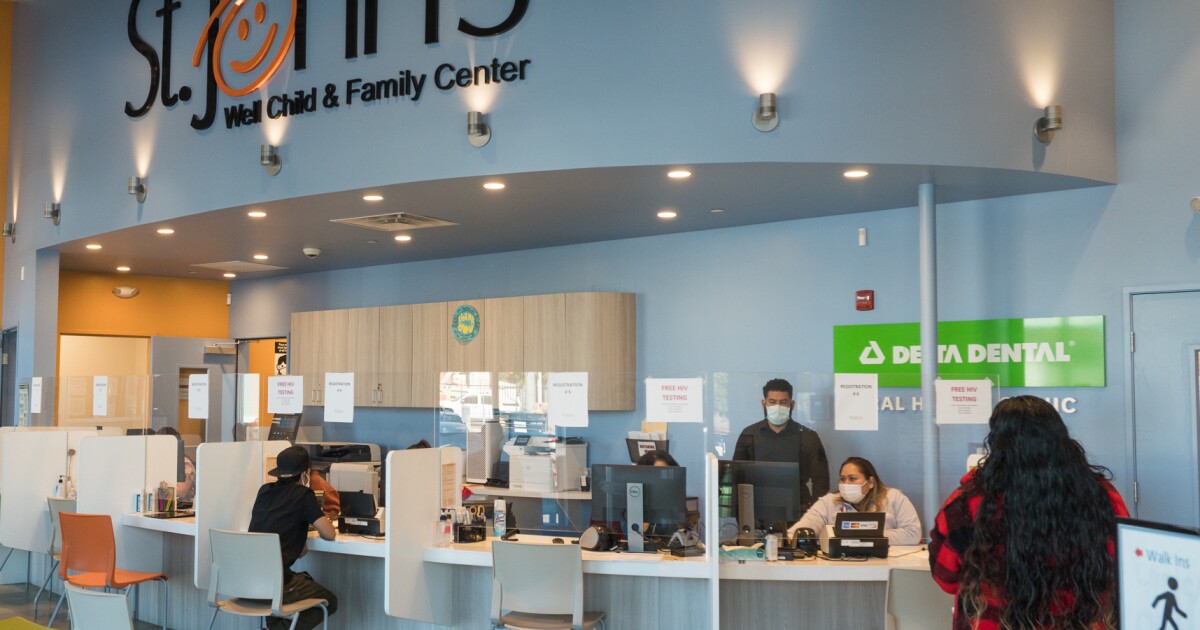Health care providers in Southern California are noticing that some undocumented and mixed-status families are shying away from seeking help. This change comes in response to claims that Medi-Cal information was shared with federal immigration agents, allegedly to aid recent enforcement actions.
California Attorney General Rob Bonta, along with 19 other states, has filed a lawsuit against this practice. He argues that the federal government has compromised longstanding privacy protections, creating a climate of fear that may prevent individuals from seeking essential medical care.
What Are Health Officials Observing?
While specific numbers are hard to pin down, health care providers confirm that they are seeing fewer patients. Georgina Maldonado, who leads the Community Health Initiative of Orange County, expressed concern, saying, “Our community feels violated. We’re put in a position where sharing personal information can lead to consequences.”
Linda Nguy, from the Western Center on Law and Poverty, has raised legal questions about this data sharing, emphasizing that it should only be used for Medicaid administration.
What Are the Consequences?
The fallout could be significant. Patients might resort to emergency rooms for primary care, which is often more expensive. Martha Santana-Chin, CEO of L.A. Care Health Plan, warned that rising uncompensated care costs could lead to higher premiums for those with employer-sponsored insurance.
Reports show that some clinics have experienced a staggering 30% increase in cancellations and no-shows since immigration enforcement efforts ramped up. Many clinics once bustling with families are seeing empty waiting rooms.
Financial Instability and Growing Concerns
On top of this, changes in federal budget plans that could reduce health care funding add another layer of anxiety. Experts fear that cuts to Medicaid might disproportionately affect low-income communities and immigrant families.
Nguy argues that such actions are at odds with California’s values, as the immigrant community already faces substantial fear and uncertainty.
What’s Next?
The L.A. County Board of Supervisors is looking for answers regarding the impact of these immigration tactics on health care access. They have requested a report from county agencies to evaluate what can be done, including creating more virtual care options.
In these challenging times, community support has never been more crucial. As Maldonado states, “We may not control everything, but we’re here for each other.”
For further details on the ongoing lawsuit and health impacts, check out NPR’s report.
Source link
health, hospitals, insurance, medicaid, immigration





















